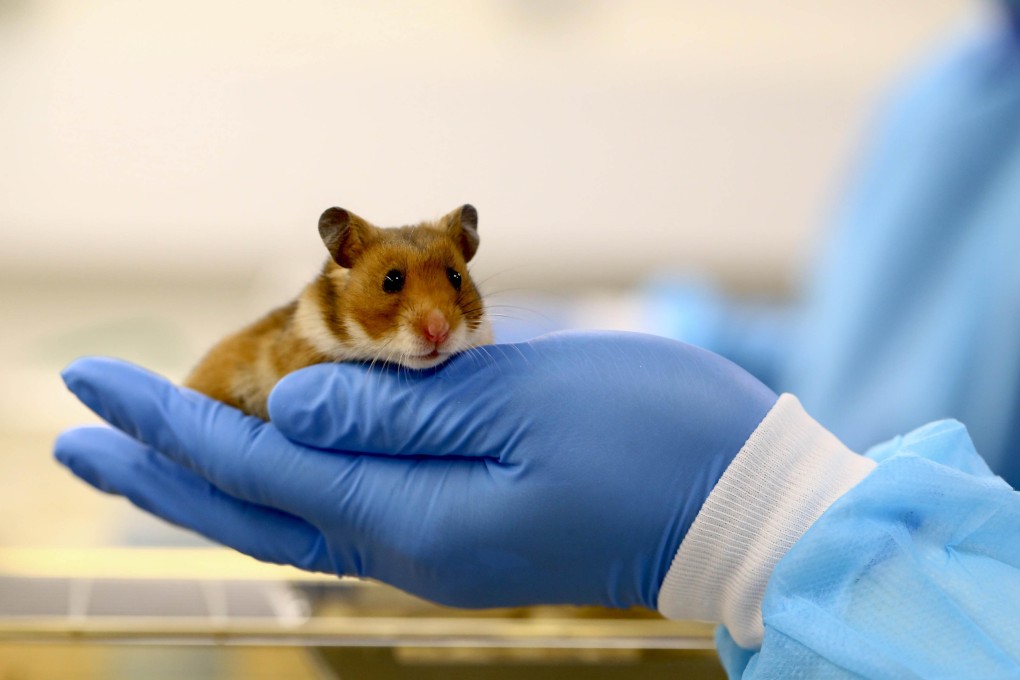Editorial | Hamster infections reflect weakness in Hong Kong antivirus measures
- Delta variant traced to pet shop and Omicron strain found in returning resident raise doubts over city’s ability to guard against importation of cases and resurgence of domestic infections

Despite having one of the world’s most stringent regimes against the importation of Covid-19 infections, Hong Kong has still failed to prevent the virus from making its way into the community occasionally over the past two years. The latest suggestion that a pet shop worker may have been infected by hamsters from the Netherlands, the first locally untraceable Delta variant case in three months, has heightened concerns amid a widening Omicron community outbreak.
The immediate steps to cull 2,000 hamsters and quarantine some 150 customers who were in contact with the worker are decisive and controversial. Authorities are still investigating whether a customer who came down with the virus was infected by an animal or the worker.
In any case, positive samples taken from hamsters as well as the shop and a warehouse have raised questions as to whether there are loopholes in the current mechanism for importing pets. Officials said there was no advisory from international bodies on screening incoming animals for coronavirus tests, but may consider doing so in light of the latest experience.
There have been examples of pets infected by Covid-19. In February 2020, the city reported what may have been the world’s first known case of pet infection, where a dog owner was believed to have passed on the virus to the animal.
What sets the latest findings apart is that they concern not only the first known case of hamsters infected in a natural environment, but also may be the first animal-to-human local transmission.
Chief Executive Carrie Lam Cheng Yuet-ngor was not overreacting when she expressed concern over the existence of two variants in the community. She was also referring to a woman from Pakistan, who five days after completing her quarantine in a Yau Ma Tei hotel was found to have the Omicron strain only after passing it on to no fewer than nine others.
